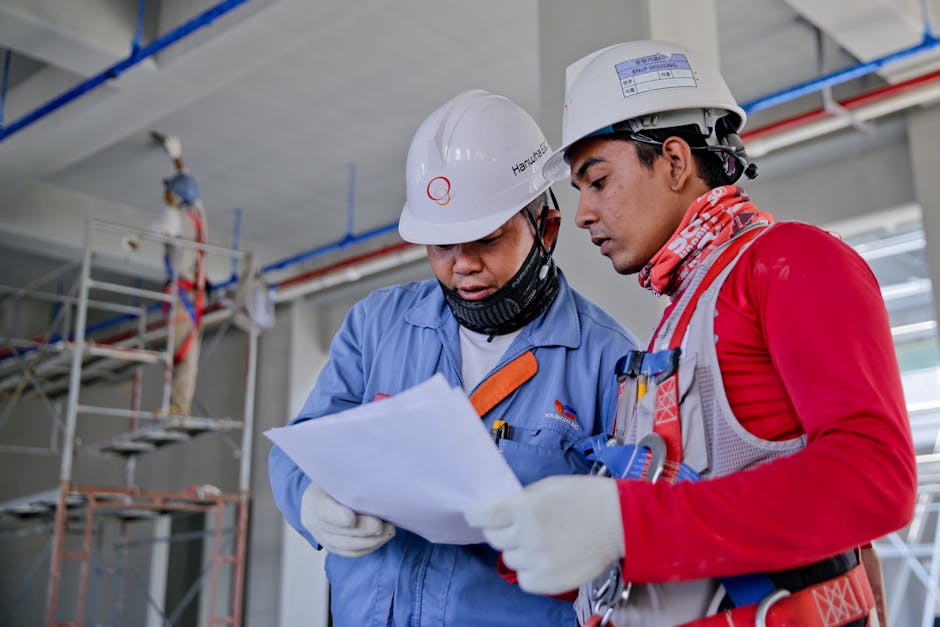India produces more engineers each year than the population of some countries. Nearly 1.5 million students graduate annually, while over six million are enrolled in classrooms across the country. No other nation commands such a vast reservoir of technical talent. Yet when asked why they chose engineering, many students give a disarmingly simple answer: “It’s safe.”

On Engineers’ Day, celebrated in honor of Sir M. Visvesvaraya, it is worth asking: Is “safe” the best we can do with this extraordinary pool of talent? For decades, engineering in India has been seen as a fallback option. But if India aspires to be a global economic leader, engineering must transcend individual career choices and become a collective mission for nation-building.
Engineering the India We Know
From the construction of dams and steel plants in the nation’s formative years to the IT corridors of Bengaluru and Hyderabad, engineers have shaped modern India. The software boom of the 1990s and 2000s was no accident—it was propelled by a generation of engineers who wrote code, built systems, and created an industry that now employs millions.
In recent years, the same community has powered India’s startup revolution. Companies like Paytm, Zomato, Blinkit, and Ola are not just businesses; they represent engineers translating technical expertise into enterprises that reach millions of households. Behind every app we use and every leap in digital convenience stands an unseen community of engineers turning ideas into reality.
We celebrate entrepreneurs and policymakers, but often overlook the engineers themselves. That silence underestimates their role. Behind every industry that emerges, there is engineering talent at work.
Engineering the India We Need
India’s ambition of becoming a $25–30 trillion economy by 2047 cannot be achieved through consumption and services alone. It will require leadership in technologies that drive the next generation of growth.
This year’s Engineers’ Day theme, “Deep Tech and Engineering Excellence: Driving India’s Techade,” directly captures this challenge. Whether India leads in clean energy, space exploration, or advanced computing will depend on the quality and depth of its engineering talent.
US CMA Certification: A complete guide for Indian students and professionals
Deep tech is not only about cutting-edge research, it is about transforming breakthroughs into scalable products and industries, from renewable energy storage systems to space missions and digital public infrastructure.
Clean energy and sustainable systems will determine whether India can grow without worsening environmental challenges. Advances in space exploration will secure the country’s role in a shifting global order. Breakthroughs in computing, advanced materials, and data sciences will decide whether India remains a technology consumer or becomes a technology leader.
In each of these domains, engineers will be at the center of discovery, application, and impact. The future of India’s economy will be written not only in boardrooms and ministries but also in engineering labs, design studios, and startup garages.
Changing the Way We See Engineering
This makes it essential to reshape how students, parents, guardians, and society view engineering. For many, it remains a default choice, a safe path to employment or a stepping stone to other professions. Yet what begins as a pragmatic decision often evolves into passion. Many engineers discover that their work involves solving problems, designing more effective systems, and creating solutions that have a lasting impact on society.
Ashoka University, IMD join hands to boost research in weather, climate change, disaster risk reduction & more
Engineering is one of the most direct ways an individual can contribute to national progress. When students see it as a calling rather than a fallback, the country gains. When parents encourage their children to pursue it with passion, they invest not only in their careers but in the nation’s future.
This Engineers’ Day should be about ensuring the next generation of engineers has the freedom, resources, and ecosystems to innovate. If “deep tech and engineering excellence” are to define India’s next decade, it cannot remain a slogan. It demands universities that nurture curiosity, purpose, and entrepreneurship, policymakers who support risk-taking, and ecosystems that reward experimentation and innovation.
As a society, we must also start giving engineers the recognition they deserve, as the true architects of India’s growth story. Sir M. Visvesvaraya believed that even the smallest task, done with excellence, could uplift a nation. That spirit must guide how we view engineering today.
India’s future will not be imported. It will be engineered by millions of young people who choose to build rather than settle, to innovate rather than imitate.
Engineering is not just a safe career. It is India’s most powerful act of nation-building.
(Author Naveen Jha is Global Director at Mehta Family Foundation (MFF). Views are personal.)

